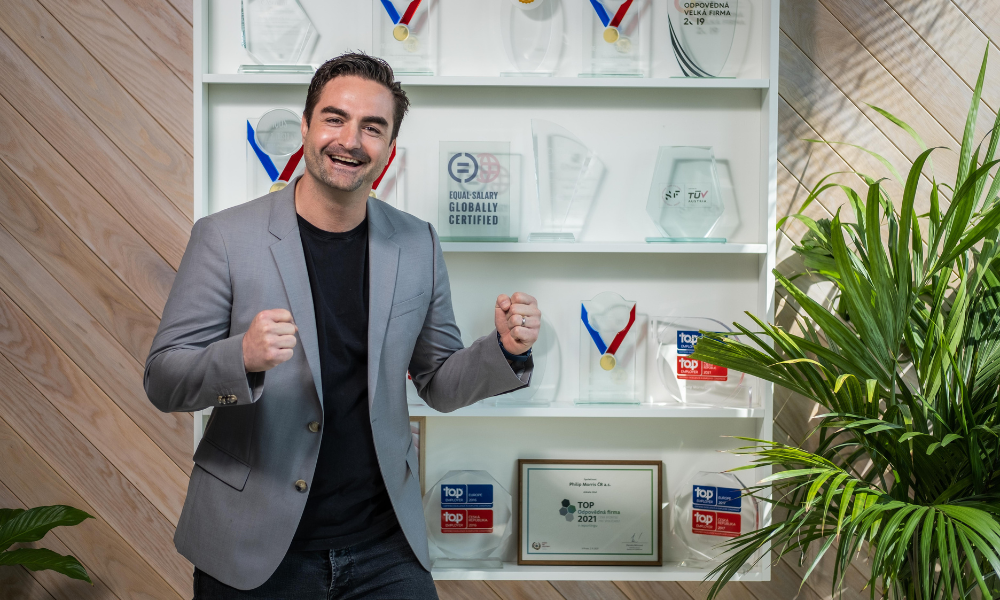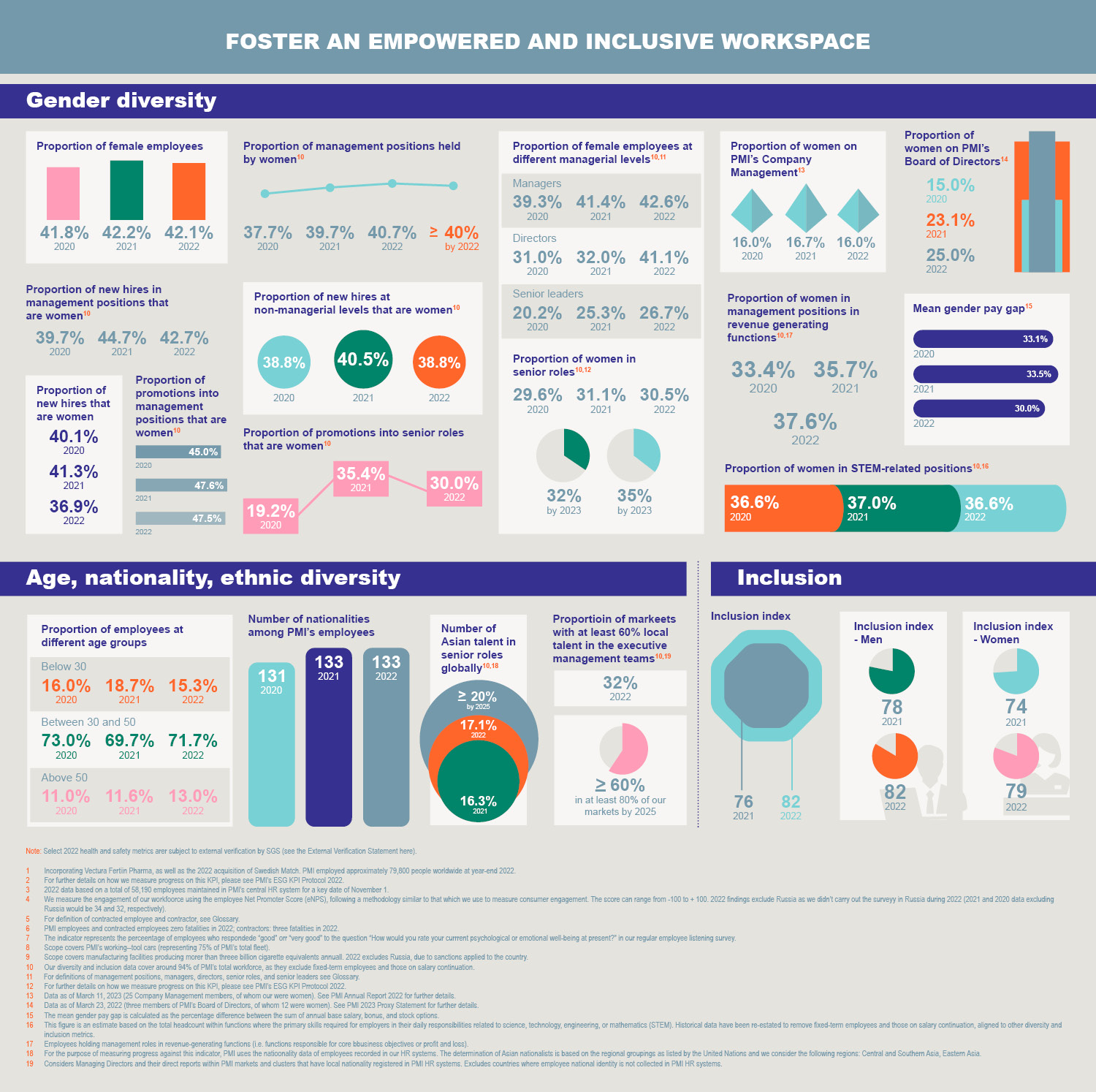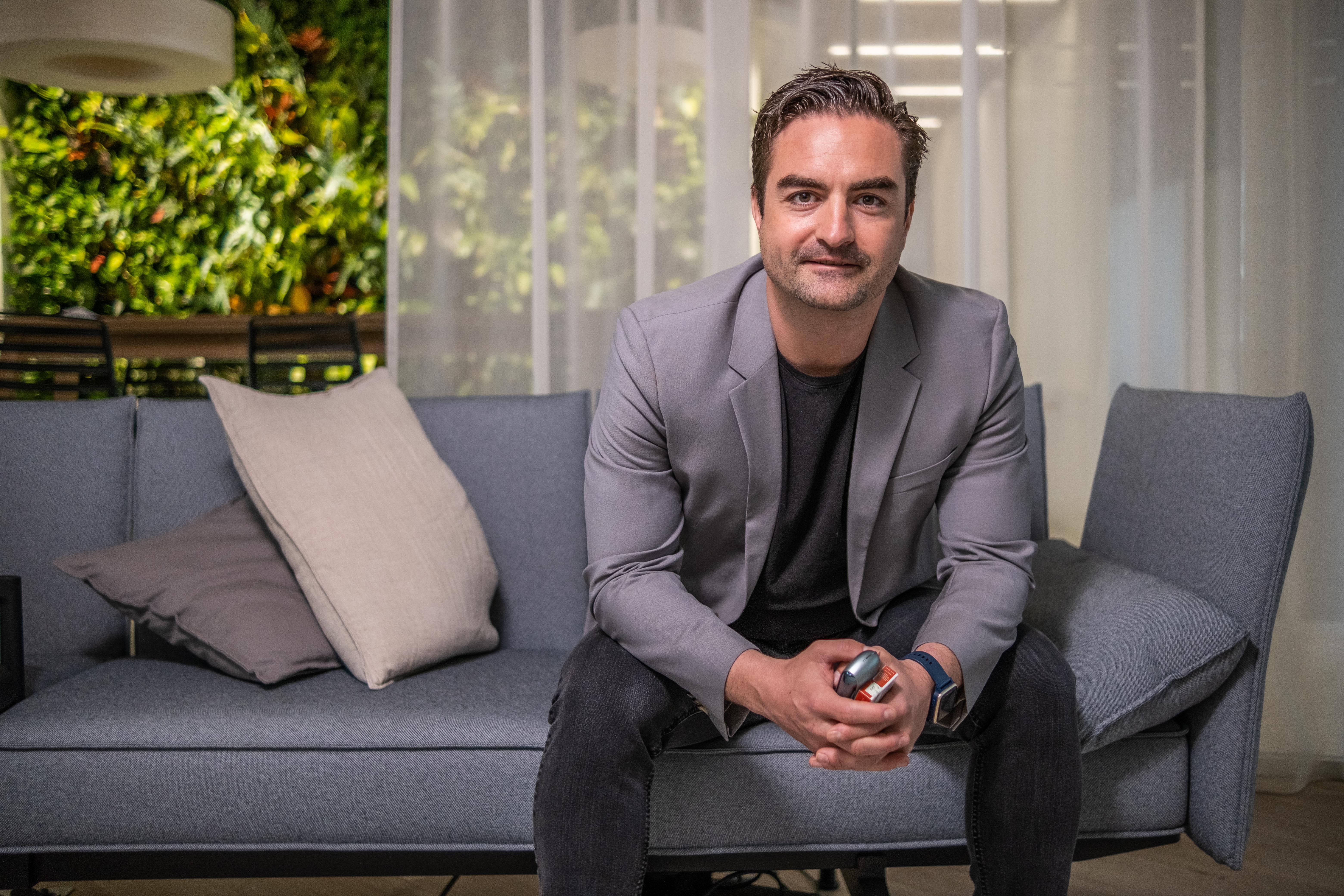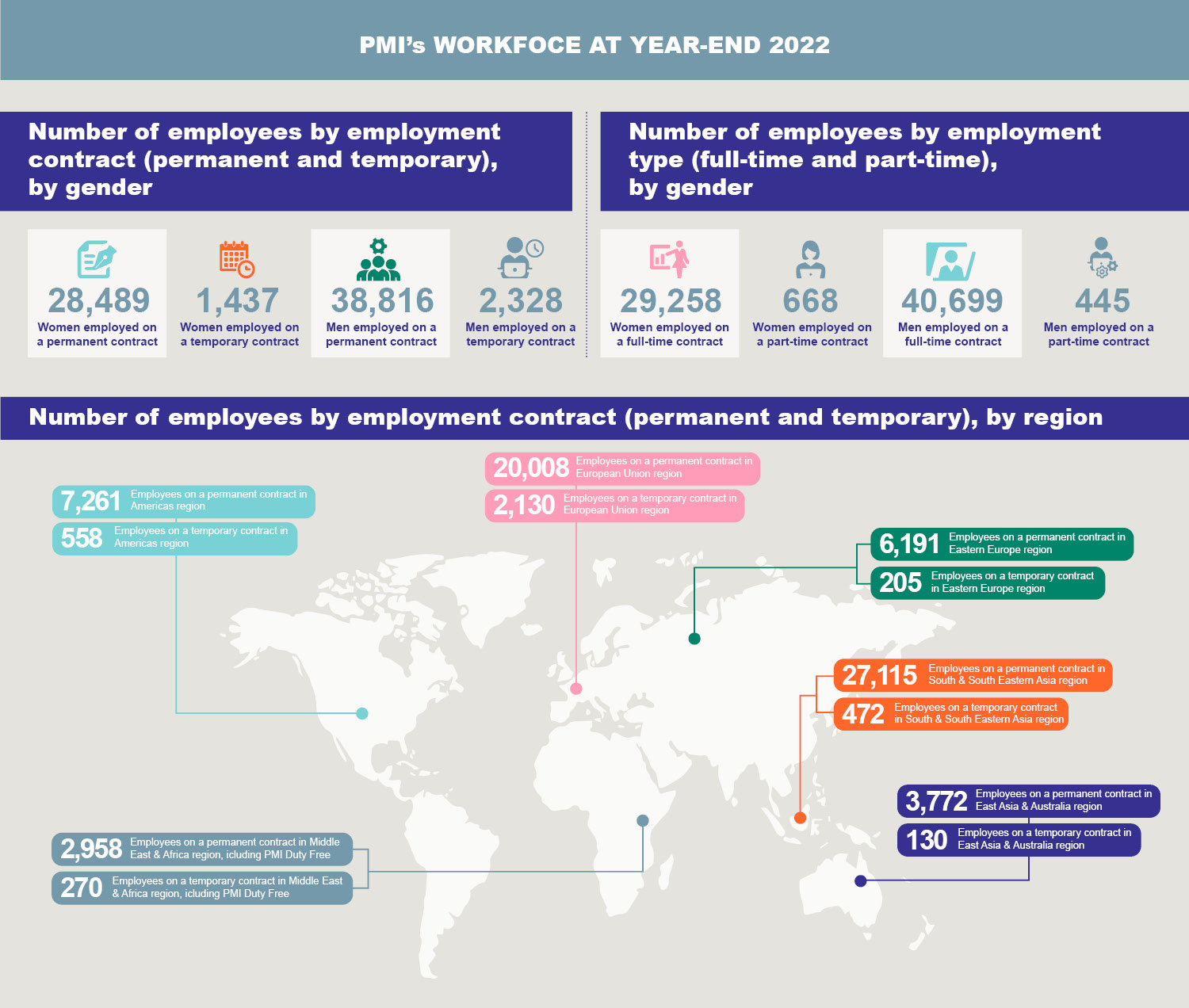
Tobacco giant's HR lead on transforming products, processes, departments and supply chains

A cigarette company that wants to “unsmoked the world”? That was an exciting prospect for Joseph Gruber.
As director of people and culture at tobacco giant Philip Morris, he’s fully behind the organization’s mission of becoming a leader in science and technology with smoke-free products. And, with close to 70,000 employees and distributions across 180 countries, that’s no mean feat.
Speaking to HRD, Gruber he cites that notion of transformation as something which led him to his career in HR from the very start.
“The first 10 years of my career were spent working as a consultant for Capgemini,” he says. “I quickly realized the importance of people. Everything comes down to the power of people. When there’s a mistake in a process, when the technology isn’t working, people fix it – they overcome the issues.”

Gruber quickly realized that he wanted to build his career around the people element in business. At the same time, as a consultant, he found that a lot of times in the world of HR they didn’t have as strong a leaders as other departments – something he wanted to change.
“I had a personal ambition to elevate the reputation of HR – which is why I went into the sector,” he tells HRD. “And I wound up at Philip Morris. I love their idea of making alternative, less harmful, products for people – to ‘unsmoke the world’, as we say. That’s exciting for me – to join a tobacco company that doesn’t want to be a tobacco company anymore.”
Philip Morris’s ethos is changing and their goal is to transform the entire tobacco industry. Nowadays, we understand the dangers of smoking – and that stigma can prove a bone of contention for potential future hires. After all, with environmental, social and governance (ESG) values rising in employee minds, people might not be too keen to work for a tobacco company.
But, according to Gruber, that’s just a stigma.
“Number one, you don’t have to smoke to work for us,” he tells HRD. “Actually, the majority of our employees don’t smoke. A lot employes come into our business with the same goal of transformation – creating something that’ll eventually benefit millions of people. We also have a lot of workers who used to smoke, or who’s family members smoke, and have had difficulty quitting. For them, it’s great to know that there’s an alternative that’s not as harmful as tobacco.”

This shift, this transformation in products, means new departments, new processes and new supply chains – something pretty unique from an HR perspective. However, it’s not without its challenges. As Gruber tells HRD, one of the biggest issues for him right now is filling the void between employee expectations and the role of employers.
“So, elements such as inflation,” he says. “And the employer’s role during the pandemic. What exactly is the role of the employer? What part do organizations play in regards to diversity and inclusion? There’s a challenge to find an equilibrium between employee wants and desires and the business’ needs and abilities to do so.”
One of these employee desires, as it is across the board, is equal pay. At Philip Morris, Gruber says that they were one of the first multinationals that were certified as equal salary - having been audited by PwC. This was to ensure there’s no pay gap between male and female staff – something which many companies aim for but very few actually achieve.

According to data from Pew Research, the pay gap in the US sit between 22% and 30%. In 2022, for instance, women earned just 82% of what their male employees brought home, with women of colour among the lowest earning workers across the board. With campaigners gaining ground on levelling out the playing field, at Philip Morris they’re well ahead of the game.
“We know that the gender pay gap is a problem across the world,” says Gruber. “And that as an employer we needed to do something about it. It’s not only the right thing to do but it also helps us show our own trustworthiness to the outside world - that we’re a credible employer and a major player in the field.”
And, with Philip Morris winning Global Top Employer of the Year, these efforts are clearly paying off. This was especially evident throughout the pandemic chaos, with Gruber saying his company went above and beyond to ensure their people were safe and secure.
“We put a memorandum on dismissals for one year,” he tells HRD. “So we made the decision not to lay anyone off.”
Finally, Philip Morris invested more into mentorship – something Gruber is understandably proud of.
“We portray mentorship as a two-way relationship,” he says. “We proposed it as a benefit for both sides. On the one hand, the mentees who offer themselves up tend to be high potential individuals – people with a desire to develop in the professional world. On the other hand, the mentors tend to be older – which means they get the experience of working with a different generation and receive totally unfiltered input and opinions.
“It’s a win-win for both sides.”